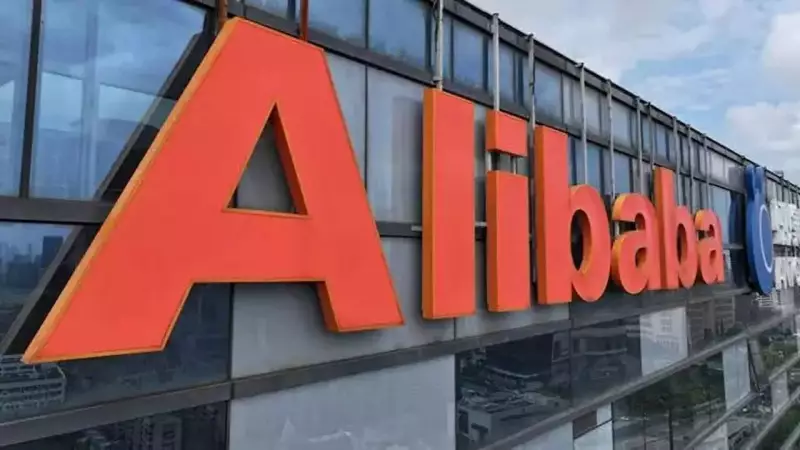
In a significant escalation of tech tensions, the White House has formally accused the Chinese technology conglomerate Alibaba of providing crucial technical support to the People's Liberation Army (PLA). The allegations, detailed in a national security memo seen by the Financial Times, claim that Alibaba's capabilities are being used in Chinese military operations targeting interests within the United States.
Details of the Security Memo and Allegations
The official memo, which cites declassified 'top secret' intelligence, expresses grave concerns that Alibaba is supplying the PLA with resources that constitute a direct threat to US national security. This forms part of a broader apprehension within the US government regarding Chinese cloud computing and artificial intelligence services, fearing these technologies could be exploited by Beijing to access and weaponize sensitive American data.
According to the intelligence detailed in the document, Alibaba is alleged to have granted the Chinese government and its military access to vast swathes of customer information. This data reportedly includes IP addresses, WiFi connection details, and payment records. Beyond data sharing, the company is also accused of supplying various AI-related services to the PLA, amplifying the potential risks.
Alibaba's Response and Global Context
Alibaba issued a firm rebuttal to these claims. In a statement to the Financial Times, the company dismissed the allegations as 'complete nonsense' and characterized them as a deliberate attempt to manipulate public opinion and tarnish its reputation. Notably, the report added that Alibaba did not comment on whether it has ever maintained a relationship with the Chinese military.
This situation reflects a global trend where modern militaries increasingly depend on private firms for advanced technology. As weapons systems become more integrated with computer networks and cloud services, such partnerships are commonplace. For instance, in 2022, the Pentagon awarded substantial cloud computing contracts to major American tech firms like Google, Amazon, Microsoft, and Oracle.
Broader Implications and US Political Reaction
While the memo does not specify the exact targets of the alleged PLA operations within the US, the Office of the Director of National Intelligence has previously warned that China possesses the capability to compromise American critical infrastructure, a threat that could be activated during a conflict. A March threat assessment highlighted Chinese cyber activities, including the 'Salt Typhoon' campaign against US telecom networks, as evidence of its expanding capabilities.
A US official, speaking on the matter, stated that the administration is working tirelessly to mitigate risks from cyber intrusions involving untrusted vendors. The political response has been sharp, with Republican Congressman John Moolenaar, chair of the House China committee, stating that these claims align with his committee's worries about Chinese companies being bound by national laws that compromise global customer protections. He emphasized the need to 'eliminate Chinese companies' access to our markets and innovation.'
This is not an isolated incident. Back in May, US lawmakers, including Moolenaar, urged the Securities and Exchange Commission to delist 25 Chinese companies, Alibaba among them, citing their alleged ties to the PLA and China's 'military-civil fusion' policy, which mandates technology sharing with the military.






